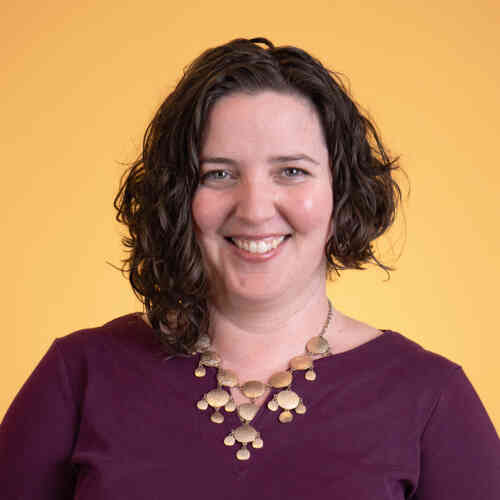Community schools work is, at its heart, “change work”. And change is hard. Why? Because for one thing, people come to “change work” from different perspectives and undertake those processes in different ways, in their own time, and at their own speeds.
Sometimes the work feels like you’re taking two steps forward and two-and-a-half steps back. Contexts change, people move on to new roles (or new locales), and the best laid plans go awry, as the old poem says. And, with community school development, the cyclical nature of the work can sometimes feel to folks like, “This? Again?” Well, yes! In fact, that’s the beauty of doing work that centers the lived realities and joys of actual people.
You should start to see recurring themes. For one, meaningfully engaging interest holders is essential to your work (it’s not just a “nice to do,” it’s a “necessary to do”). But there’s no point at which you can sit back and say “OK, great, we’re done with engaging people! Box checked!” It’s not one and done.
The same goes with the needs assessment and asset mapping processes. Are you going to do an extensive deep dive every year? Probably not. But ideally, you’re doing it every three-ish years (extra credit if you map the timeline to your LEA’s LCAP and your school’s SPSA), with a “revisit and refresh” every year. And what about your advisory council and leadership teams? Those are always growing and evolving, too.
Sometimes the context changes – a key leader leaves their position, budgets don’t come through the way we thought they were going to, ESSER funding or a CCSPP grant do come through… All kinds of things happen through the course of your community school work that may necessitate pausing, reflecting, revising or regrouping. As things change, you may need to revisit CS development work you’ve “already done.”
When new people join your team, you’ll need to take time to build trusting relationships. A new school site leader may not be as skilled at inclusive decision making as the previous leader. You may decide your vision wasn’t “blue sky” enough or crafted by enough interest holders, or you may achieve goals and need to set new ones.
The point is, you’re never “done” building your community school. That’s why we call it a strategy, not a program. This work is cyclical in nature. Instead of focusing on checking off boxes on a list, community school teams focus on building relationships to strengthen their work over time and respond to changing contexts. They keep their eyes on their vision and regularly look at data to assess their progress towards their goals – all while asking questions about how they can improve (using the Community Schools Forward CS Essentials Framework as a guide).
CSLX’s Senior Consulting Advisor, Curtiss Sarikey, frames it this way: CS teams develop their vision – a view of where they want to go. They do their research – they analyze qualitative and quantitative data, engage interest holders, and paint a clear picture of where they are now. They map out how to get from where they are now to where they want to be. And then, they get very comfortable knowing that things will not go to plan – that the space between “here” and “there” will not be what they thought it would be.
It’s in this space where community school teams, at their best, become problem solving and continuously improving organisms, capable of adapting to real-time changes – and of adjusting their work while still focusing on the end goal. They don’t let changes derail them; the systems and relationships they put in place allow them and their teams to pivot and keep moving towards their goals.
So, I’ll leave you with this. When you take a mindset that recognizes the cyclical nature of community school development – and get comfortable with the fact that you’re going to need to adapt and adjust – then you are truly digging into and doing the (hard) work of sustaining it. Even if it feels like you’re moving backwards.
Questions? We’re here to help.

With 22 years of experience, Kendall is an expert in the development of cross-sector community collaboratives and equity-driven systems change in education, specializing in planning, quality implementation and evaluation of best practice Community Schools. As a Community School Specialist, she co-led the Bay Area Community School Network with over 1,600 members, provided intensive CS technical assistance and training, and facilitated numerous CS development processes in communities, school districts, and school sites across the country.